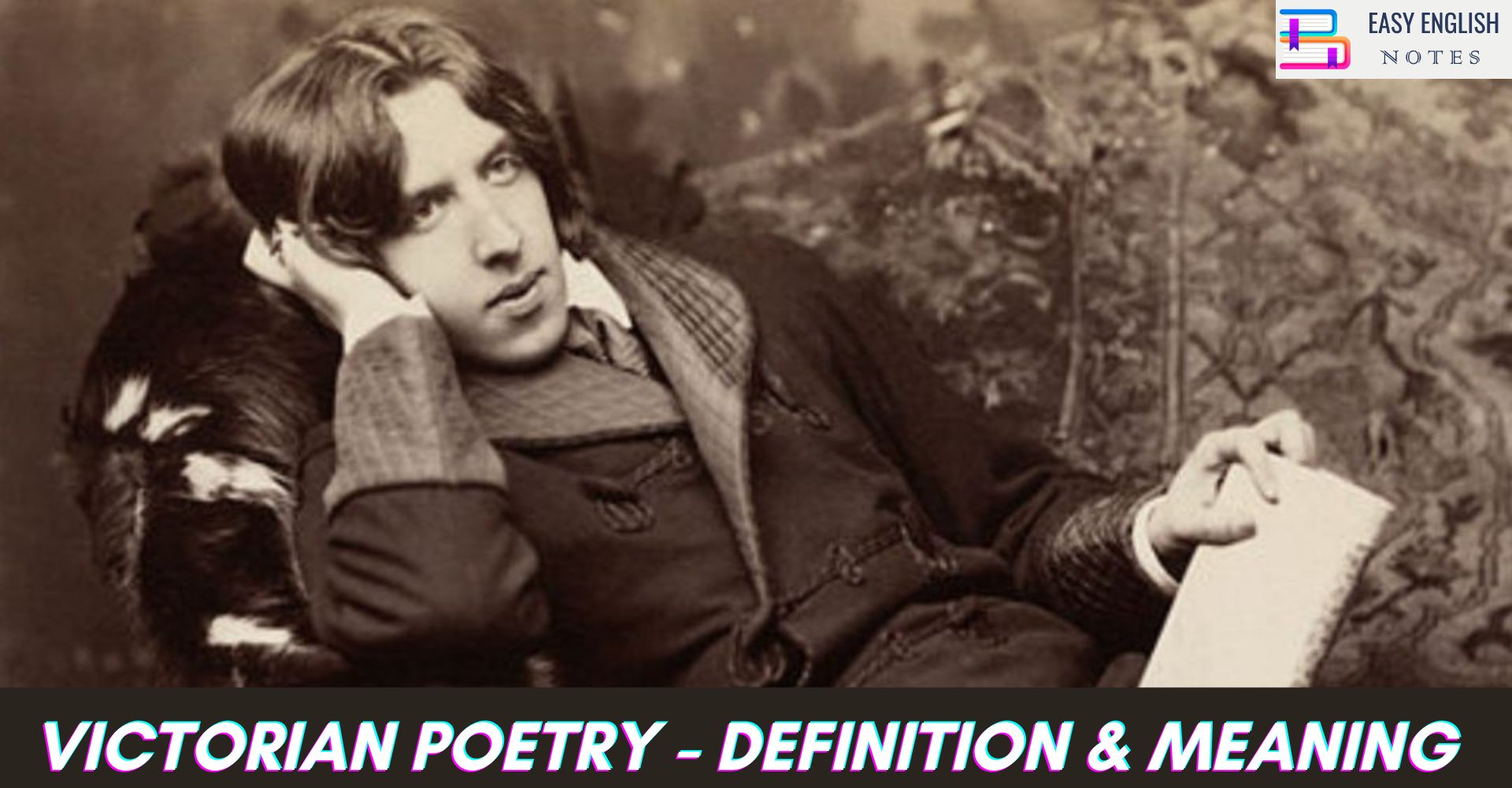Decay of faith and spread of industrialism form the background of Victorian poetry. Victorian period was one of tremendous change. The new age had other interests than imagination, emotion and individual sentiments of the Romantic age. These new interests were democracy, industrialism, science and others. The literary genius had to follow other channels. The writers of this age had great moral earnestness. Their spirit was not satisfied with creating literature as mere art. They were earnest to use it as a means to make man wiser and better. Literature thus became more serious and writers were deeply concerned with the great problems of improving the world.
The outstanding poets of this age are Tennyson, Browning, Arnold and other of all these, the most representative of the life of England in the 19th century was Tennyson (1807-72). All the important currents of thoughts that existed in these 65 years can be seen in his work. He was the prophet as well as the poet of his age. We find in his work a putting together of all the learned men’s thinking and feeling in the Victorian age. There are representative views on religion, philosophy, government, women, civilisation as a whole. What is most remarkable is the style of the poems. In them, we find brilliant imagery, rich melody and thought. The range of his work is vast, the quality of workmanship is always remarkable.
Robert Browning (1812-89) lived in the same period as Tennyson like him, he devoted himself entirely to poetry. But the two poets are more a study in contrast than likeness. Browning was robust and optimistic, fond of society and good living. He believed in good humour and was a lover of society instead of retirement like Tennyson. He wrote plenty of dramatic literature, most of it is dramatic in his own sense. Poems written in dramatic monologues form his special contribution to English literature. Browning, like Tennyson, deals with a great variety of problems. He has a philosophy that has appealed to many and his robust optimism is much talked of.
Also Read :
- Compare Hamlet with Macbeth, Othello and other Tragedies
- “The Pardoner’s Tale” is the finest tale of Chaucer
- Prologue to Canterbury Tales – (Short Ques & Ans)
In the poem of Matthew Arnold, we find a feeling of doubt deeply engraved. Some say that it overwhelmed him, others say that over clouded his mental horizon. While men in general were sure of everything here. Arnold was singing of hesitation of regret, of doubt. Even as a boy, he showed signs of extreme seriousness and love for the deeply moral. His poetry lays far the religious unrest of the time “the sick hurry and divided aims of life”. Its love is subdued and melancholy. But surely there is a real quest for the final truth about the great questions of life and death. It has, therefore, been liked by some people of later generations also. Arnold had a classical training which made him seek perfection in his writings. He was also deeply sensitive. Consequently there is an individual grace in his work.
This casual reference to the three great poets of Victorian age and a description of the background will be enough to bring out the leading characteristics of Victorian poetry. Narrative skill and craftsmanship capacity to produce songs and lyrics are earnest desire to tackle the great problems of life, death, society, religion and philosophy, sensitiveness to the beauty of nature and human character and a certain amount of melancholy on account of the weakening of great traditions, are some of the leading characteristic of the Victorian poetry. The latter part of the Victorian age saw still another school of poetry known as the Pre-Raphaelite school. The poets of this age gave this name because they drew their inspiration from Italian painters before, Raphael. They found in them sweetness, depth, sincerity of devotional feelings, forgetfulness and humble adherence to truth. This was led by D. G. Rossetti but subsequently other poets also followed his model. This brings us to our own period, the twentieth century.
PLEASE HELP ME TO REACH 1000 SUBSCRIBER ON MY COOKING YT CHANNEL (CLICK HERE)











